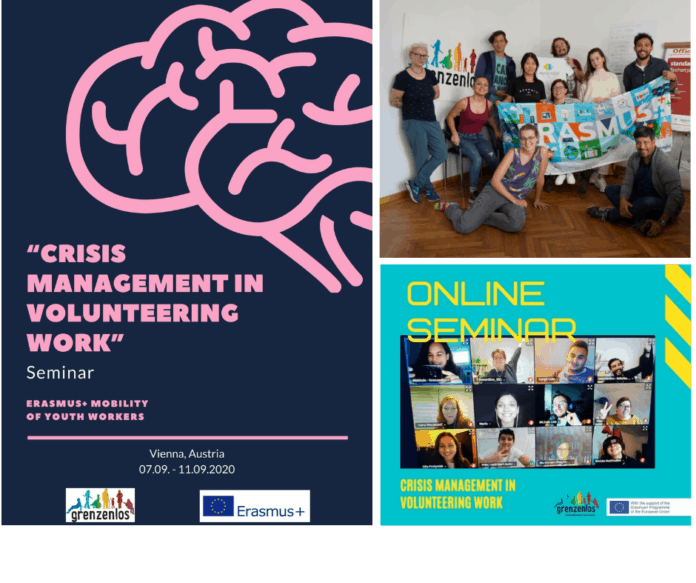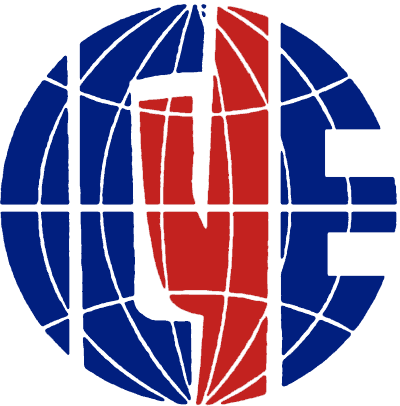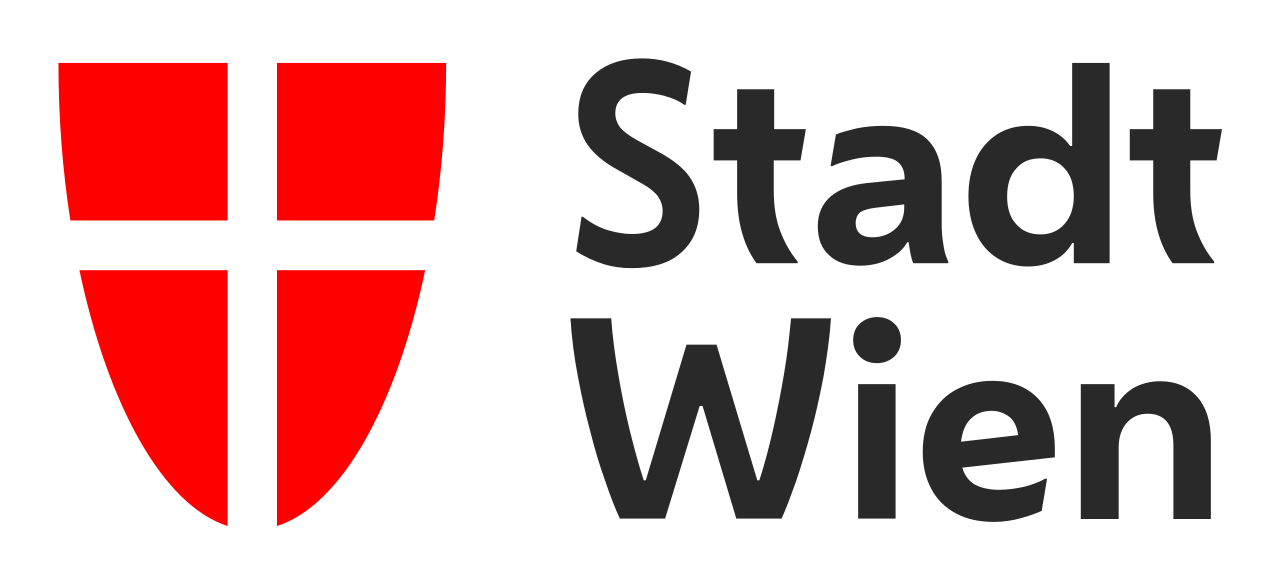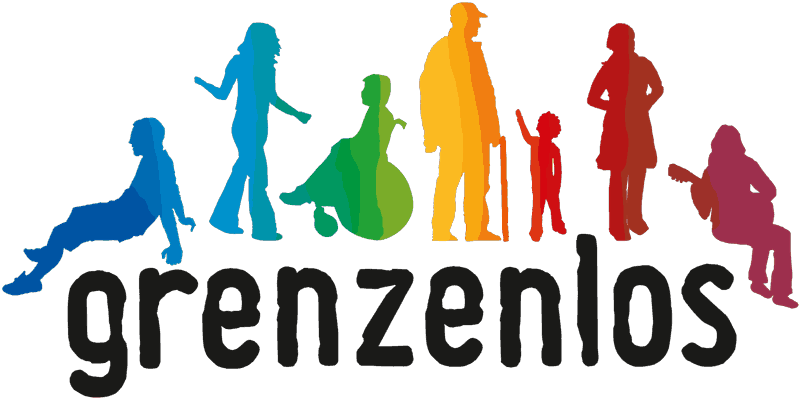“We are taking with us a lot of new information that will help us to change and update our crisis management lists and processes”
Venue: Vienna, Austria and Online
Date: 07.09 – 11.09.2020 in Vienna and 12.11. – 13.11.2020 Online
Organizer: Grenzenlos – interkultureller Austausch
Partners involved: Zavod ODTIZ Slovenia, Allianssi Finland, IBG Germany, LYSV Belarus, Egysek Hungary, LYVIV Union Forum Ukraine, CBB Belgium, Pi Youth Association Turkey, and IJGD Germany, Verein Junger Freiwilliger e.V Germany.
Non-Official Partners Involved: ICYE Kenya, CIVS International, VWAN Nigeria
Aims and Objectives were:
- To promote discuss how different organisations prepare their staff and volunteers for crisis interventions (pre-crisis interventions, during, and after the crisis).
- To share the best practices on how to deal with crisis interventions.
- To give participants and youth organisations involved in international voluntary projects tools to manage different crisis.
- To encourage and support organisations to be ready to host volunteers with psychological difficulties and like this make volunteering more inclusive.
“Nice that we produced so much, and that we have now some documents to share with our organisations”
Grenzenlos is running international projects and exchanges for nearly 70 years. In the last years, we dedicated our trainings to the topics of civil courage, human rights, inclusion and now peace. Even before the Covid-19 pandemic situation started, we decided to concentrate our trainings and seminars or re-check our crisis management programs, lists and processes.
A fantastic and fruitful seminar, which due to the current situation had to be divided into two sessions. A face-to-face one with 12 international participants and an online one, where we had more than 25 participants from African and European organisations.
During the face-to-face session, we created a Crisis Management Quick-Check-List that divides a crisis into different sections: prevention, reaction and debriefing. Each section will support the organisations to find their own check-lists as they include a general idea of actors, tools, materials and processes to deal with the present situation.
During the online session, we went deeper into the work as we divided the groups in order to work on specific cases such as Covid-19, pollical unrest, or sexualised violence. A really remarkable aspect during the webinar was to hear the experience of organisations outside of Europe, which helped us all to understand that crisis take different shapes depending on the context.
We are extremely happy with the outcomes and we thank all the participants and partners of the seminars. The Quick-Checklist can be found:
Trainers and support team
Carlos Gauna Vargas, Miguel Tabera, Makbule Temel, and Zhang Man.













